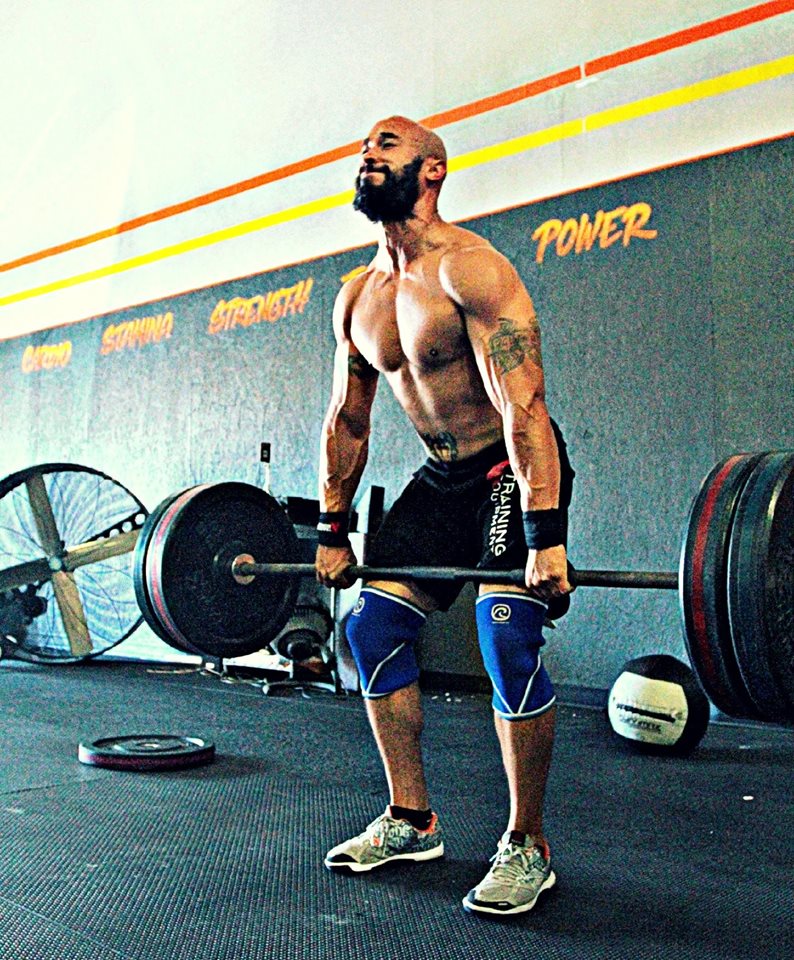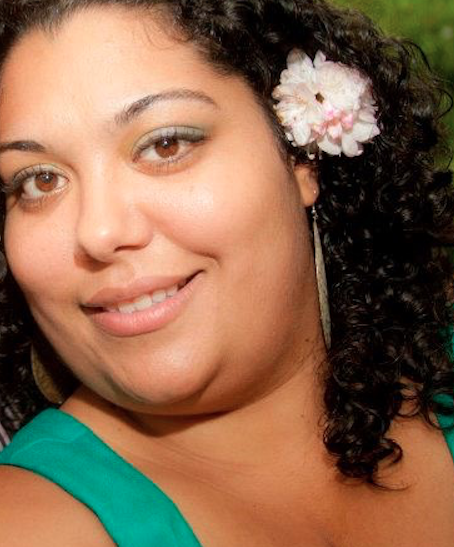There's a New Hispanic Voting Group That Could Swing the Race for President

By:
After years of being one of the most coveted minority voting blocs in United States politics, Cuban Americans are now seeing their influence matched by another group of Caribbean voters: Puerto Ricans.
Like Cubans, they are another large Hispanic group in Florida originally from the Caribbean, but Puerto Ricans have an American passport and citizenship. There are now just as many Puerto Ricans in Florida as New York, and this fast-growing Hispanic group in Florida could play a crucial role in who wins the Sunshine State in the general election.
The U.S. territory of Puerto Rico, 1150 miles from the U.S., will provide the next big block of Florida's Latino voters, but because they're so new to the electoral process, the group remains a bit of a wild card.
Why are Puerto Ricans leaving the island?
Because of a struggling economy on the "Island of Enchantment," nearly 1 million Puerto Ricans are living in Florida and the population has doubled over the past 14 years, according to Pew Research Center. That means that Puerto Ricans are quickly catching up to Florida’s Cuban population of 1.4 million.
You can watch a PBS report on the island’s economic issues below.
Why does this matter for the election?
Florida is a swing-state and a key fact for the general election is that Puerto Rican voters are already U.S. citizens, so there is no naturalization process before they can vote. Also, unlike Cubans, they are traditionally more liberal, according to Jens Krogstad at the Pew Research Center. However, that may change too.
“Because we’ve asked that question for many years we also know that Cubans have become more Democratic over the past 10-15 years," Krogstad wrote in an e-mail to ATTN:. In 2008, more Latinos were registered as Democrats in Florida than Republicans for the first time. That means that a liberal shift among Hispanic voters in Florida could be the deciding factor for the state’s eventual winner.
This is also assuming that voters turn up. Anecdotally, 27-year-old Atabeyra Romero, a Puerto Rican living near Little Havana in Miami, told ATTN: that Puerto Rican voters may be less politically involved than Cubans. “You can often find clusters of Cubans, mostly older males, protesting in one way or another in the city,” she said. “I can’t say that I have noticed the same from Puerto Ricans, including myself.”
So the changes in Hispanic voting is good news for Democrats and bad for Republicans? No, not necessarily.
HIllary Clinton took 7 out of 10 Democratic Hispanic voters in Florida and won the state, according to an ABC exit poll. Donald Trump won the state but only got 3 in 10 of the Republican Hispanic vote.
But here’s the thing: Cuban-American Marco Rubio took 4 out of 10 Hispanic Republican votes and then dropped out of the race, according to a Fox News exit poll. We don’t know where Rubio’s votes will go in the general election.
Real people.
ATTN: also talked to Romero's cousin, Edwin Morales.
Morales is a 37-year-old married Puerto Rican father of two living outside of Fort. Lauderdale. He owns a Crossfit gym, as you could probably surmise from his photos.
 Facebook/Edwin Morales - facebook.com
Facebook/Edwin Morales - facebook.com
Morales couldn’t vote in the Florida primary because he is not affiliated with a party. He said that in his experience most Puerto Ricans are liberal, but he will be voting for Ted Cruz, and he doesn’t like Donald Trump.
“I don't think Trump has presidential potential, his business knowledge may be vast but U.S.A. politics is not ran or meant to be run as a business,” he said.
Morales said that Puerto Ricans are not interested in politics “as intensively as they should be,” a sentiment with which Romero could relate.
She is a mother, wife, and business owner with her husband and she has never voted in a local or presidential election before. She previously considered herself to be politically disengaged, but that will change this year when she votes in the general election, although she wouldn’t say who she supports.
 Atabeyra Romero
Atabeyra Romero
“Ignorance really is bliss,” she said. “I am ashamed when I think of the women who fought for my right to vote.” She wanted to vote in the primary but also couldn’t because she is not affiliated with a party.
NBC also talked to Puerto Rican voters in Florida about their political preferences.
Why “No Party Affiliation” Voters Matter
By the 2012 presidential elections, the number of Hispanic "No Party Affiliation" voters in Florida had surpassed registered Republicans.
There are an estimated 610,000 Hispanic NPA voters in Florida. However, since Florida's primaries are only for voters registered to a party, the primary results can’t give us any clues about their leanings for the general election.
Stacking the deck or playing it smart?
Although there are some unanswered questions about Florida's Puerto Rican voters, Hillary Clinton is betting that their influx into the state will translate into votes in the general election.
Last September Clinton visited the island and raised more than $200,000 at The Condado Plaza Hilton in San Juan. Voters in the U.S. territory can vote in primary elections but they cannot vote in the general presidential election.
Maybe that’s why, in December, Clinton made an unusual appeal to Puerto Ricans during a rally in Orlando. She asked them to move.
“It is one of the great ironies of our law and our history that Puerto Ricans who are citizens in Puerto Rico cannot vote for their president and commander in chief,” said Clinton. “But if you move to central Florida, because you’re a citizen, you can vote.”
You can watch Clinton’s appeal to Puerto Ricans 24 minutes into the video below.
Puerto Rico’s Democratic primary isn’t until June 5th, but by then some of those voters may have already moved a thousand miles north.
